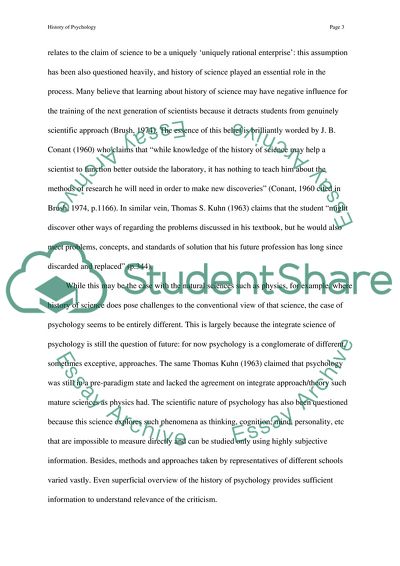Cite this document
(Should the History of Psychology be X Rated Essay Example | Topics and Well Written Essays - 1250 words, n.d.)
Should the History of Psychology be X Rated Essay Example | Topics and Well Written Essays - 1250 words. https://studentshare.org/psychology/1718359-should-the-history-of-psychology-be-rated-x
Should the History of Psychology be X Rated Essay Example | Topics and Well Written Essays - 1250 words. https://studentshare.org/psychology/1718359-should-the-history-of-psychology-be-rated-x
(Should the History of Psychology Be X Rated Essay Example | Topics and Well Written Essays - 1250 Words)
Should the History of Psychology Be X Rated Essay Example | Topics and Well Written Essays - 1250 Words. https://studentshare.org/psychology/1718359-should-the-history-of-psychology-be-rated-x.
Should the History of Psychology Be X Rated Essay Example | Topics and Well Written Essays - 1250 Words. https://studentshare.org/psychology/1718359-should-the-history-of-psychology-be-rated-x.
“Should the History of Psychology Be X Rated Essay Example | Topics and Well Written Essays - 1250 Words”. https://studentshare.org/psychology/1718359-should-the-history-of-psychology-be-rated-x.


